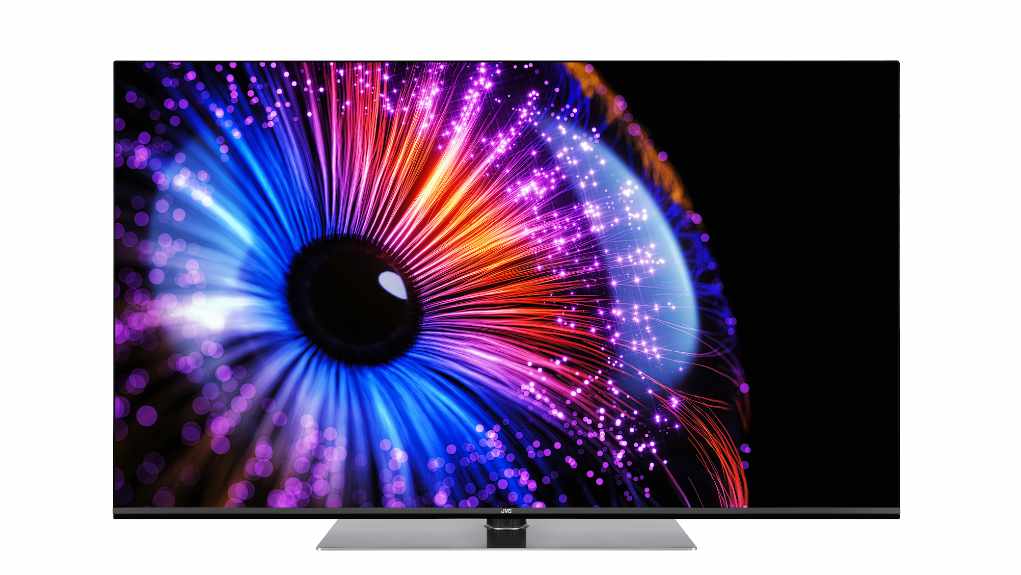Deep blacks and super smooth motion look set to be on tap with JVC’s just-announced new line of 4K OLED TVs.
Coming in 55-inch and 65-inch options, the new 9200 series TV’s are set to offer refresh rates up to 120Hz and feature HDMI 2.1 connectivity to rival the best 120Hz TVs available today.
Alongside an Auto Low Latency mode (ALLM) which automatically switches to the TVs’ lowest latency setting (a key feature of the best gaming TVs), there’s also support for Dolby Vision with the TVs running the latest version of Google’s Android TV operating system.
A new SuperResolution feature, meanwhile claims to refine and upscale sub-4K images, using JVC’s Micro Dimming algorithm to further enhance dynamic contrast ratio.
Alongside those promising picture features, the 9200 also looks like having a solid audio support, with built-in support for Dolby Atmos and DTS Virtual, while the HDMI ports will feature eARC, which will please anyone looking to rig the TV up to the best soundbars.
There’s plenty to admire about the design as well, with the TVs boasting a frameless bezel look alongside a fancy swivel-base stand for fine tuning viewing angles.
While no price tag is currently available for these new models, with those specs and JVC traditionally being a competitively priced brand, we’re expecting these new OLED TVs to be hovering around bargain territory considering the features.
Now for the bad news – the 9200 range’s availability looks set to be restricted to a select few European countries. The TVs are manufactured by Turkish display giant Vestel which licenses the JVC brand, but that license doesn’t appear to extend to even the totality of Europe, with the UK, France and Nordic countries being excluded.
So that's frustrating for those of us in the US, UK, Australia and beyond… but still, its happy days for the likes of Germany, Spain and the Netherlands, with the 9200 range set to go on sale in those countries next month.

Analysis: New OLED’s look a smooth deal for European movie fans
JVC was synonymous with offering great tech at great prices back in the day, so it’s nice to see the resurrected brand being linked to what appears to be a well-specified line of new OLEDs.
We’ve still plenty of questions to ask, in terms of what generation of LG Display panels are being used, if the 9200 range can do 4K 120Hz over HDMI, and of course, their price.
But with the initial information we have and what we know of JVC’s usual price points, these new TVs could be hard to beat – it’s just a pity that not many of us look likely to get a chance to grab one. Perhaps that'll change, but with the way the TV business works, it looks unlikely.
Source: TechRadar